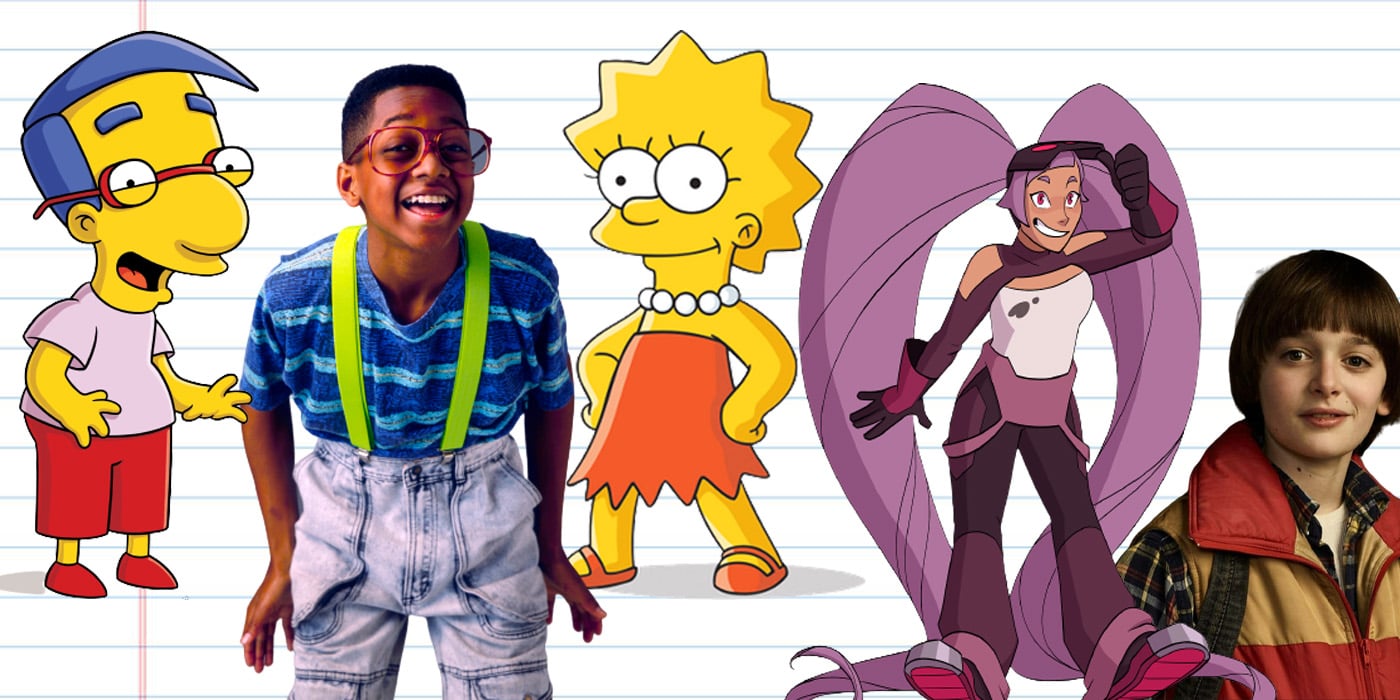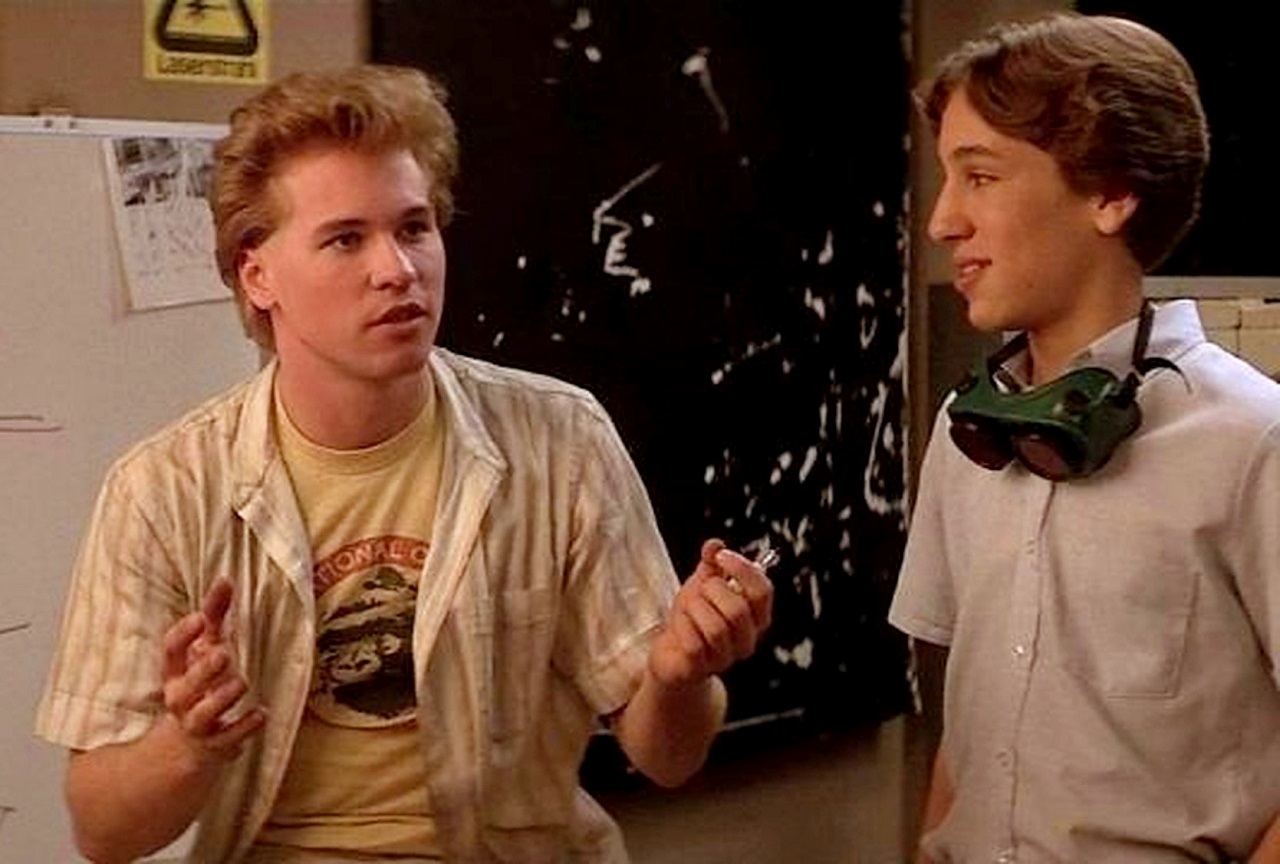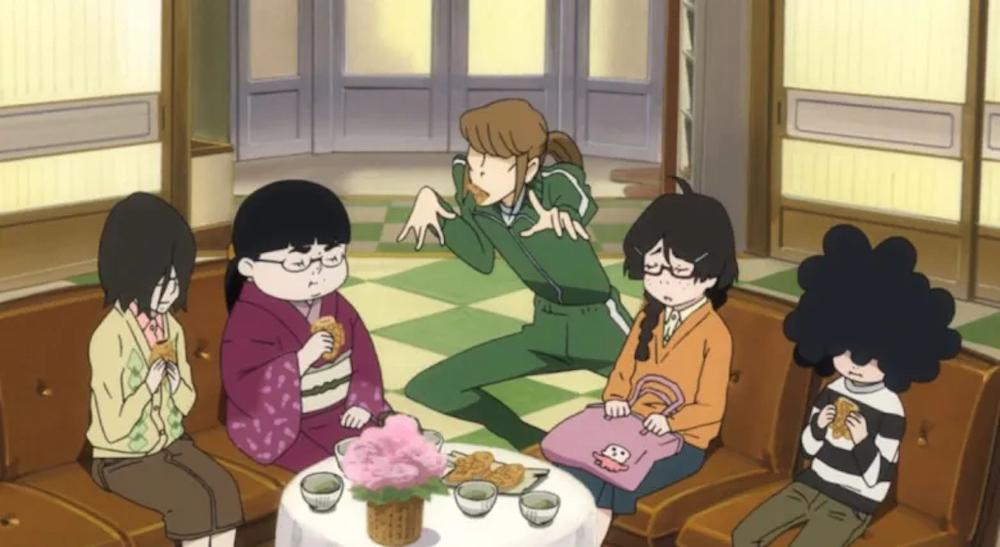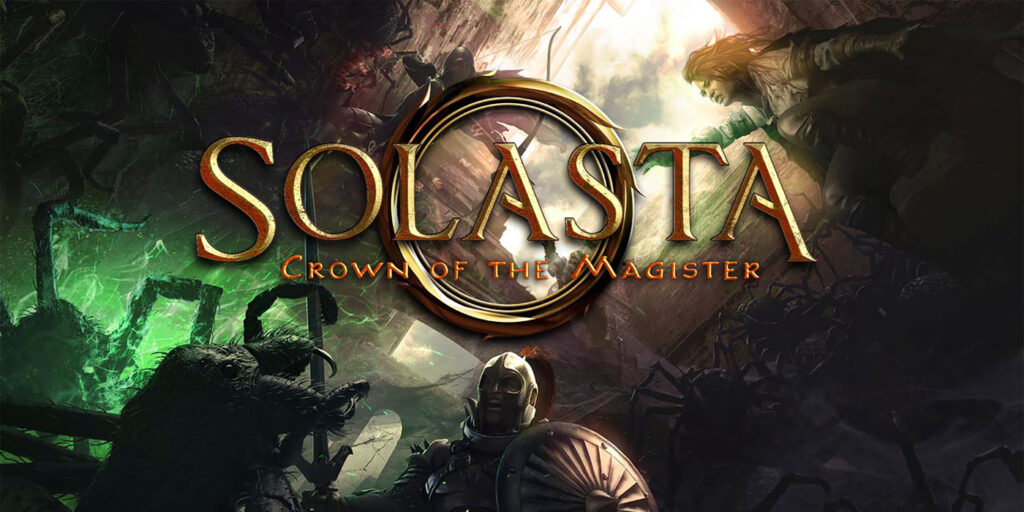D&D: How To Play A Total Nerd

So you wanna be a total nerd? Well, here’s how to play a big brainiac who likes to solve problems head-first.
Nerds are an iconic part of pop culture and have been since the day early modern humans showed up on the prehistoric scene with their big ideas about fire. And, quick aside, yest control of fire was discovered by Homo Erectus – at least we think – but if you immediately leaped for the keyboard to point that out, you’ve just proved why nerds are an enduring trope.
And like any trope, there’s a whole spectrum to explore. Nerds can be endearing or annoying, they can be mean they can be kind, they can be sharp, they can be gentle. They can even be cool. And if we imagine people complexly, then they’re probably many of these things at different times. But what makes a nerd a nerd?
What is a Nerd, Anyway?
Welcome to the section that is going to get me crucified somewhere. Somehow.
Being a nerd starts with intelligence. I think we can all agree that for good or for ill when you think of a nerd, you think of someone who’s smart. Maybe a little too smart for their own good. The phrase “so sharp you’ll cut yourself” comes to mind.
Depending, you might also be picturing someone who looks a specific way. Coke-bottle glasses, bowties, and suspenders. Just forever.
Although, this is actually starting to change. And not just because nerds are cool now. But because that visual language has been around since the late 70s. Now, you might see nerds who look a little more like this:
Or perhaps they’re wearing a Dragon Ball Z button-up shirt. But even in the 80s, sometimes nerds looked like this:
Then there are the 90s, when every nerd looked exactly like this:
They’re also frequently on the outside looking in. They may not be actual outcasts, but they have trouble fitting in. So, super focused/specialized often to an extreme, kinda clueless, bit of a weirdo who has trouble fitting in.
Pop Culture Examples of Nerds
- Steve Urkel – Family Matters
- Entrapta – She-Ra and the Princesses of Power
- Lisa Simpson & Milhouse Van Houton – The Simpsons
- Will Byers – Stranger Things
- Brian Johnson – Breakfast Club
- Mitch Taylor and Chris Knight – Real Genius
- Peridot – Steven Universe
- Hermione Granger – Harold Potter and the Billion Dollar Franchise
- Gadget Hackwrench – Chip & Dale’s Rescue Rangers
- Chuck Bartowski – Chuck
- Ned Leeds – Spider-Man Homecoming
- Molly & Amy – Booksmart
How to Play a Nerd in D&D
So how do you translate this into your D&D nerd? Fortunately, a lot of this is pretty actionable. You start by making Intelligence one of your higher stats, whatever class you end up playing. A Wizard is an obvious fit, but you could just as easily be a Bard with high int (hey, Math Rock is a whole genre). Or try a Barbarian who knows everything about every ax they have, or a Rogue who got into thievery because they really liked building traps.
But once you’ve picked out your stats, it’s time to start making your character a nerd. And the first step is by figuring out what your character is a total nerd about.
Know What You’re Good At (And Be Passionate About It)
Every good nerd is basically a walking encyclopedia when it comes to their specialty. Whether it’s computers, trains, jellyfish, or how spaceships work – nerds know a lot.
In D&D, you can represent this in a few different ways. There are knowledge skills that represent your character knowing things in-game. You could also take a background like Sage or Guild Artisan to reflect your character’s specialization.
Work in weird facts in conversation. This might require you to work with the DM to have a handy list of things you can recite whenever. Maybe your character is from an order of sages, and you can talk about how “The Great Sage Vaarkith once posited…”
Have wild theories about the world. Even if they’re objectively wrong, have them. That specialized knowledge you share is a great way to show your character is a nerd. So suggest that “the stars are actually cosmic motes left behind by the early war of the gods,” or that “every spell draws from the same source,” or whatever you like. But don’t be afraid to share. Or have something that another party member says remind you about your area of expertise.
Know-It-Alls Know What They’re Bad At
The counterpart to knowing what your character is good at is knowing what they’re bad at. Nerds are often: not strong, not suave, and not good at social queues. Whether it’s a non-trendy fashion sense or the inability to speak about things that aren’t trivia, a good nerd is identifiable by their passions, sure. But sometimes they’re a fish out of water.
And friend, your character should be out of water as often as necessary. You can try and do it on purpose with your skills. You might put your lowest ability score into Charisma and never take Persuasion yet constantly try to roll those checks. You can also just play a character who’s uncomfortable. You can be aware of your own incompetencies, which is the classic example of a shy nerd being unable to speak in public. Or you can put your foot in the mouth and think you’re suave and cool even if you know your character isn’t.
This is trickier in D&D, where every character starts off competent at many things. You might have to practice bumbling your words, or bring up your character’s internal state. “Rogar the Barbarian feels very uncomfortable attending palace balls, he never knows what to say and which cheese is actually for eating.” That sort of thing.
Know How to Not Fit In
The real hallmark of a nerd is their misfit nature. And a big part of that comes from the places where they don’t fit in. Most of the pop culture nerds you’ll see, even the “cool nerds” don’t fit in outside of their own narrow slices. The Hackers in Hackers exist outside of society. Amy and Molly in Booksmart spent their lives devoted to good grades instead of having fun. Sure, your D&D nerd will make friends. But a big part of being a nerd is not knowing how to compute when society wants you to.
Part of this is tied to knowing what you’re bad at. But think about things your character doesn’t understand. If you’re a wizard who spends your time studying the stars. What details might be confusing to you? Having a deep understanding of complex subjects, but a shallow understanding of other things is a great way to not fit in.
Ready to bring a Nerd-Alert to your D&D campaign?










